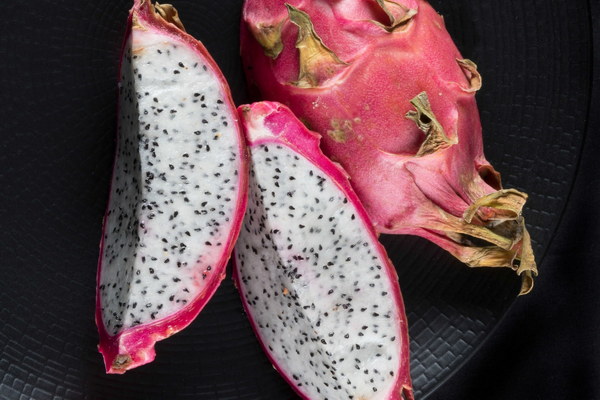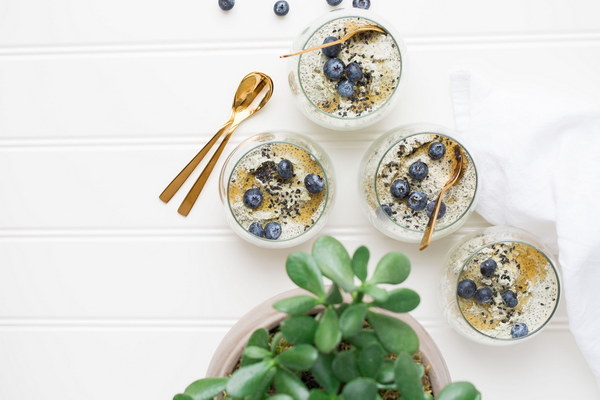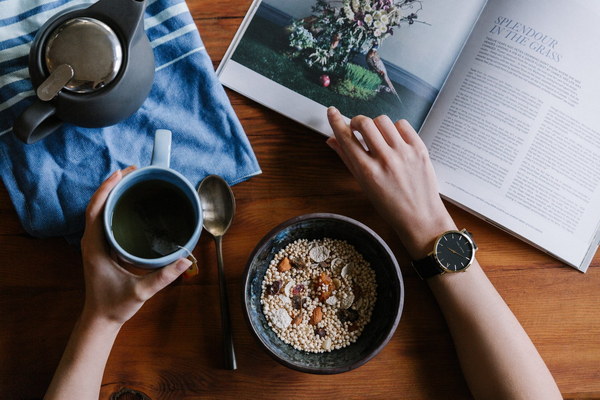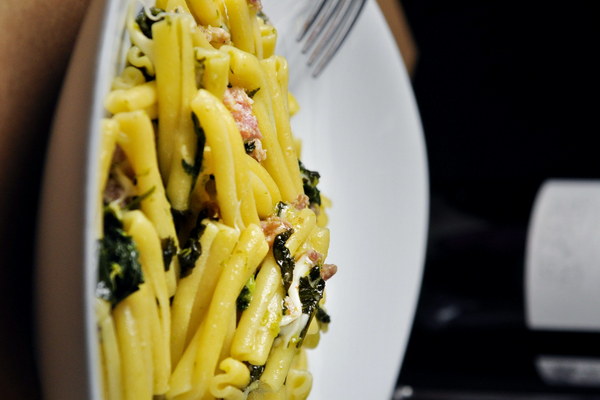Revitalizing Your Health A Woman's Guide to Nourishing Qi and Blood
In the pursuit of holistic health and wellness, many women are turning to traditional practices and natural remedies to address common issues related to Qi and Blood deficiency. Qi, often translated as vital energy, and Blood are fundamental concepts in Chinese medicine, believed to be the essence of life and health. Here’s a comprehensive guide to understanding and nurturing your Qi and Blood for overall well-being.
Understanding Qi and Blood Deficiency
Qi and Blood are interrelated and essential for the proper functioning of the body. Qi is the vital force that animates the body and protects it from illness. It flows through the meridians, or energy pathways, and is responsible for maintaining the body's balance. Blood, on the other hand, nourishes the tissues, promotes growth and repair, and is the medium through which Qi moves.
Common signs of Qi and Blood deficiency in women include fatigue, weakness, pale or cold extremities, dizziness, palpitations, and menstrual irregularities. To address these issues, it’s important to adopt a holistic approach that includes diet, lifestyle changes, and possibly herbal remedies.
Dietary Tips for Nourishing Qi and Blood
1. Incorporate Iron-Rich Foods: Iron is crucial for the formation of healthy blood. Include foods such as lean meats, fish, beans, lentils, spinach, and fortified cereals in your diet.
2. Consume Blood-Nourishing Foods: Traditional Chinese medicine suggests foods like red meats, dark leafy greens, seaweed, and black sesame seeds can help nourish blood.
3. Boost Your Intake of Vitamin C: Vitamin C enhances iron absorption. Citrus fruits, strawberries, kiwi, and bell peppers are excellent sources.
4. Eat Warmed Foods: Warm, cooked foods are believed to help balance the body’s temperature and support Qi and Blood. Avoid cold or raw foods as much as possible.
5. Include Qi-Building Foods: Foods like ginseng, goji berries, and licorice root are known for their Qi-building properties.
Lifestyle Changes for Qi and Blood Balance
1. Regular Exercise: Gentle exercises like tai chi, yoga, or walking can help boost Qi and improve blood circulation.
2. Adequate Sleep: Ensure you get enough restful sleep, as it’s essential for the body to regenerate and balance Qi and Blood.
3. Stress Management: Chronic stress can deplete Qi and Blood. Practices like meditation, deep breathing exercises, and mindfulness can help manage stress levels.
4. Avoid Overexertion: Overexertion can lead to Qi and Blood depletion. Listen to your body and rest when needed.
Herbal Remedies for Qi and Blood Support
Herbal remedies can be a valuable addition to your Qi and Blood-nourishing routine. Some common herbs include:
- Dong Quai: Known as the female ginseng, it’s believed to help regulate menstrual cycles and nourish blood.
- Ginseng: Known for its Qi-building properties, it can enhance vitality and energy levels.
- He Shou Wu: A traditional Chinese herb used for its blood-building and longevity properties.
- Astragalus: This herb is used to boost the immune system and support overall Qi.

Conclusion
Nourishing Qi and Blood is a journey that requires patience, consistency, and a holistic approach. By incorporating the right diet, lifestyle changes, and possibly herbal remedies, women can effectively address common issues related to Qi and Blood deficiency. Remember to consult with a healthcare professional before starting any new treatment or supplement regimen to ensure it’s safe and appropriate for your individual health needs.









